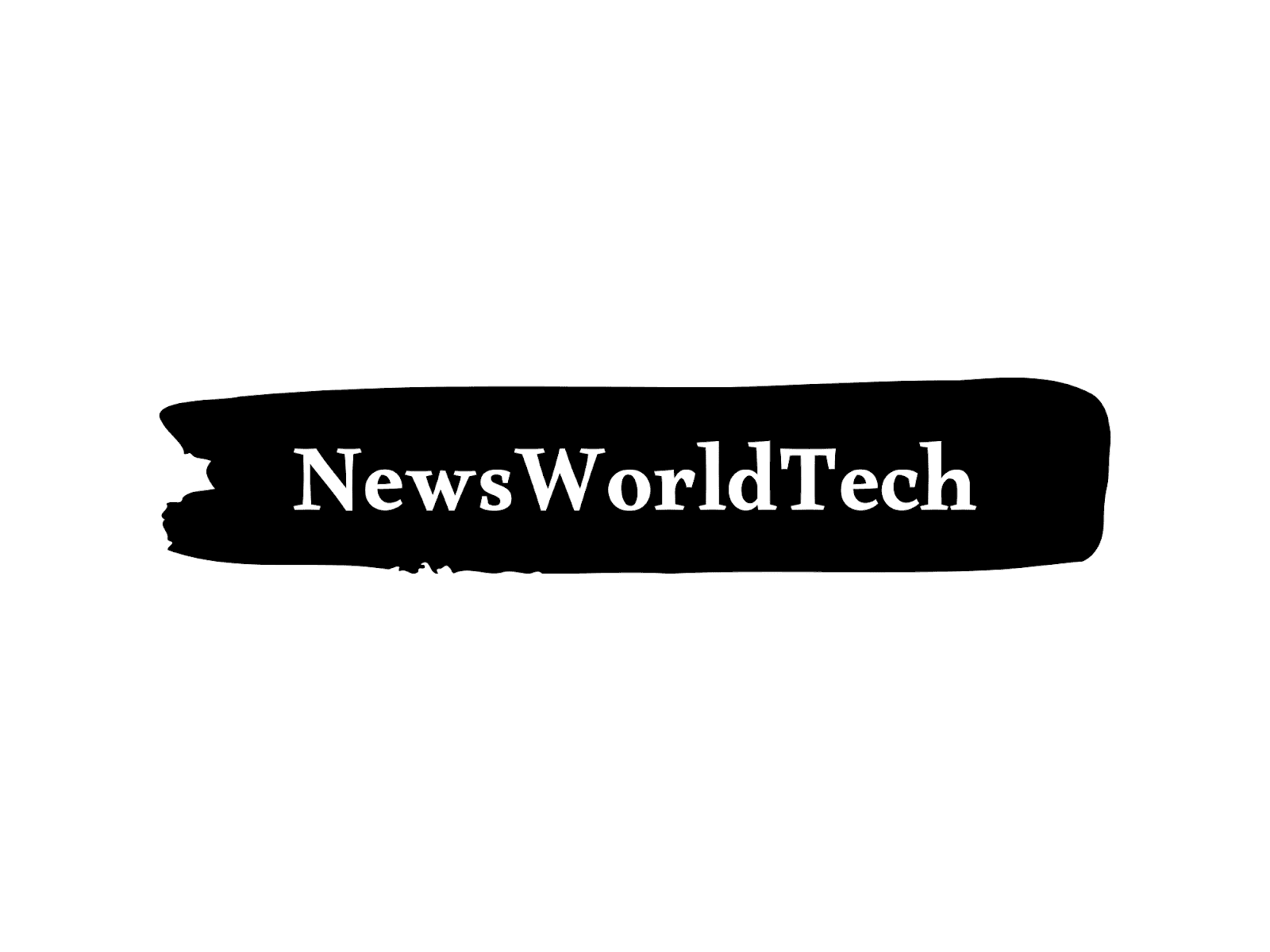Google's Artificial Boostis gaining popularity as the company announces an all-new AI model for healthcare, called MedLM, which is a set of foundation models that... Fine-tuned for healthcare industry use cases.
According to Google, healthcare organizations are exploring the use of AI for a range of applications, from basic tasks to complex workflows.
“By piloting our tools with different organizations, we've learned that the most effective model for a given task varies depending on the use case,” said Yossi Mathias, vice president of engineering and research at Google.
According to Google, healthcare organizations are “exploring the use of AI for a range of applications, from basic tasks to complex workflows.”
“By piloting our tools with different organizations, we have learned that the most effective model for a given task varies depending on the use case,” Yossi Matias said.
According to Ashima Gupta, global director of healthcare strategy and solutions at Google Cloud, there are two MedLM models: the first is larger, designed for complex tasks, and the second is a medium model, which can be fine-tuned and is best for scaling up tasks.
“These models were developed through specific customer needs in the healthcare and life sciences space, such as answering healthcare providers' clinical questions and drafting summaries,” Gupta said in a blog post.
Google cited examples of models being tested by healthcare providers, and Gupta said: “Many of the companies we have been testing MedLM with are now moving it into production in their solutions, or expanding their testing.”
For example, according to Google, HCA Healthcare piloted a solution to help doctors with their medical notes at four emergency department hospital sites.
Doctors use the Augmedix app on a hands-free device to create accurate and timely medical notes from doctor-patient conversations in compliance with the Health Insurance Portability and Accountability Act (HIPAA).
The Augmedix platform uses natural language processing, combined with Google Cloud's MedLM on Vertex AI, to instantly transform data into drafts of medical notes, which doctors then review and finalize before transferring them in real time to the hospital's electronic health record (EHR). ).
“These products can save time, reduce fatigue, increase physician efficiency, and improve overall patient care,” Gupta noted.
Google said that despite its desire to bring “the transformative potential of generative artificial intelligence to healthcare, it is focused on enabling professionals to safely and responsibly use this technology, as Google works with practitioners, researchers, health and life sciences organizations, and individuals at the forefront of healthcare.”

